By A Mystery Man Writer

ABSTRACT The global prevalence of type 2 diabetes mellitus (T2DM) is increasing. T2DM is more common in patients with psychiatric disorders and those who take certain psychotropic drugs. T2DM occurs in 2%–7% of women of reproductive age. The prevalence of pregestational diabetes is 0.5%–2.4%, and that of gestational diabetes is 7%–28%, depending on geographical region. About 20%–50% of pregnancies, across the world, are unplanned; this figure is higher, at about 65%, in women with psychiatric disorders. As a result, many women of reproductive age who have diabetes, including women who do not know that they have diabetes, may unintentionally become pregnant, thus unknowingly exposing their pregnancy to diabetes and its treatment. Exposure of pregnancy to pregestational and gestational diabetes is associated with risks to the mother as well as risks to the child. Risks to the mother include obesity, hypertension, and preeclampsia. Risks to the child include spontaneous abortion, fetal death, macrosomia, major congenital malformations (MCMs), preterm delivery, neonatal hypoglycemia, neonatal hyperbilirubinemia, and neonatal respiratory distress syndrome. A recent large retrospective cohort study with data from 6 countries in Europe, Asia, and North America found that, in about 51,000 women with pregestational T2DM, neither MCMs nor cardiac malformations were more prevalent in offspring of children periconceptionally exposed to second-line antidiabetic treatments relative to exposure to insulin. These findings are reassuring but have limitations that are discussed. A reasonable conclusion from a reading of the reviewed literature is that pregestational and gestational diabetes are best treated during pregnancy, that insulin is a first-line treatment, that metformin is an increasingly accepted alternative, and that safety data on second-line antidiabetic treatments are, so far, reassuring. J Clin Psychiatry 2024;85(1):24f15318 Author affiliations appear at the end of this article

Congenital malformations

Assessing Response to Treatment and Recognizing Residual Depressive Symptoms

PDF] Comparative risk of major congenital malformations with eight different antiepileptic drugs: a prospective cohort study of the EURAP registry
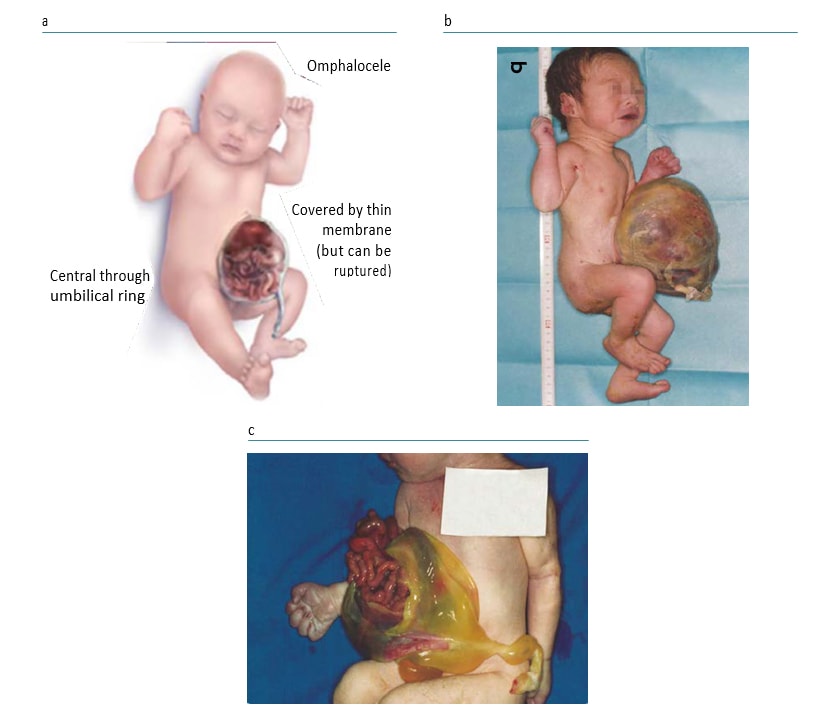
4.10 Abdominal wall defects
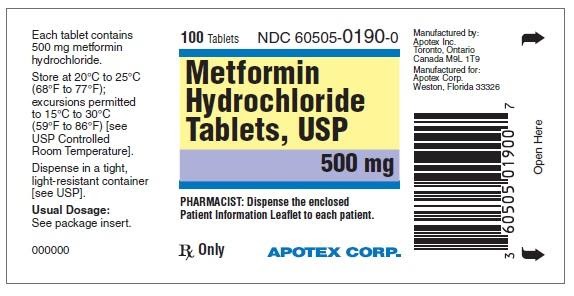
Metformin tablets for oral use - Pediatric Endocrinology
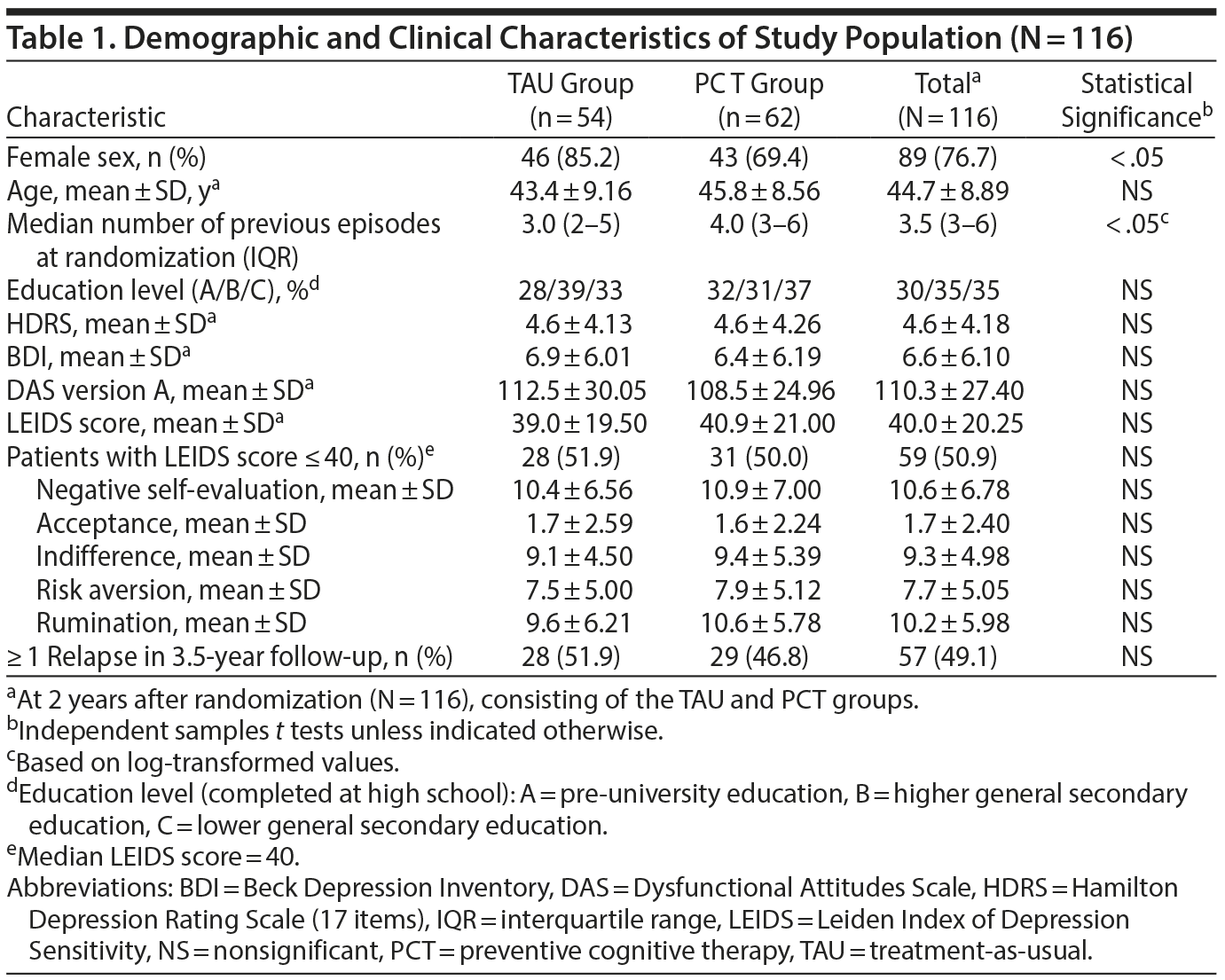
Cognitive Reactivity Versus Dysfunctional Cognitions and the Prediction of Relapse in Recurrent Major Depressive Disorder
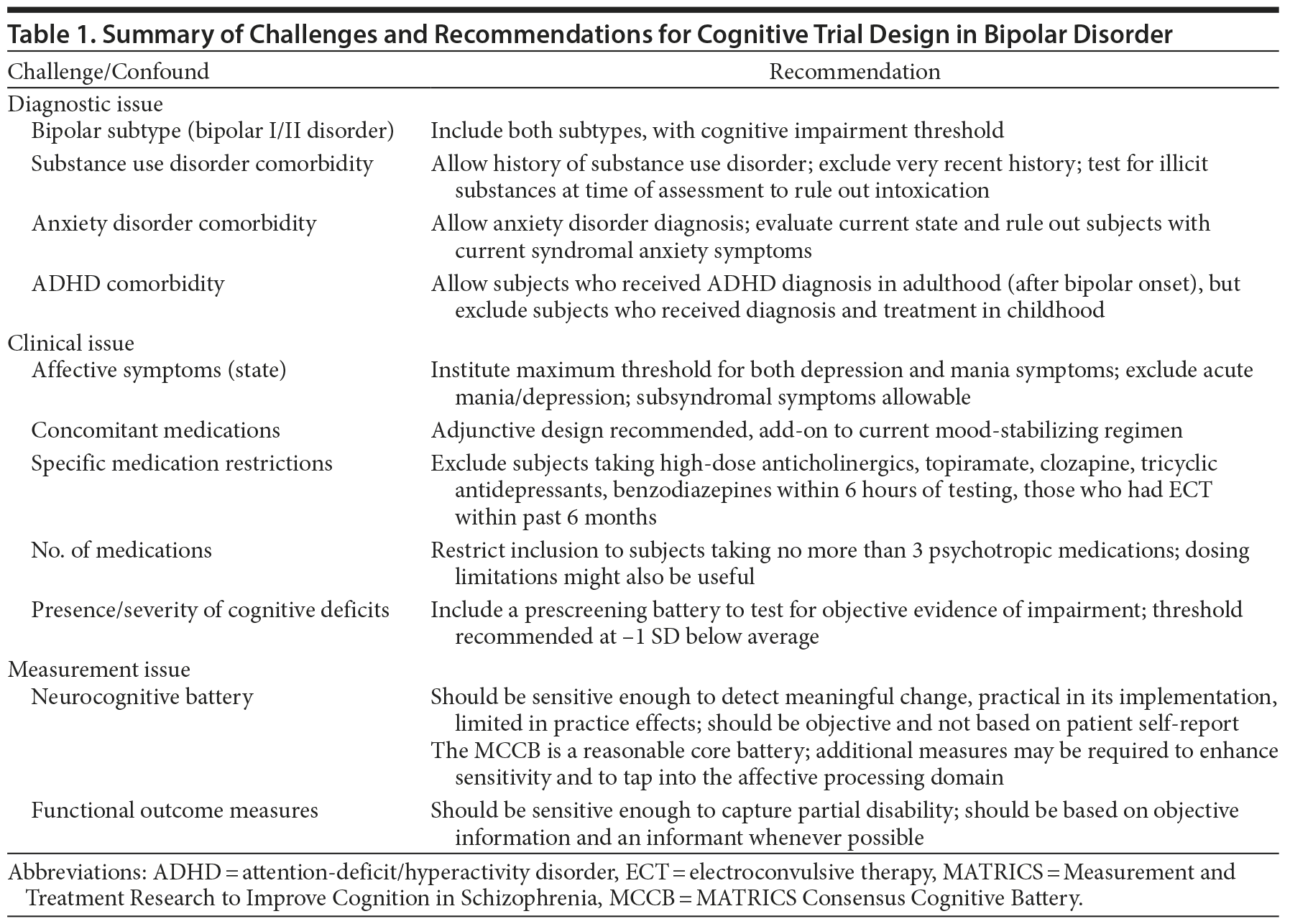
Assessing Cognitive Function in Bipolar Disorder: Challenges and Recommendations for Clinical Trial Design

PDF) Maternal alcohol consumption and risk of offspring with congenital malformation: the Japan Environment and Children's Study
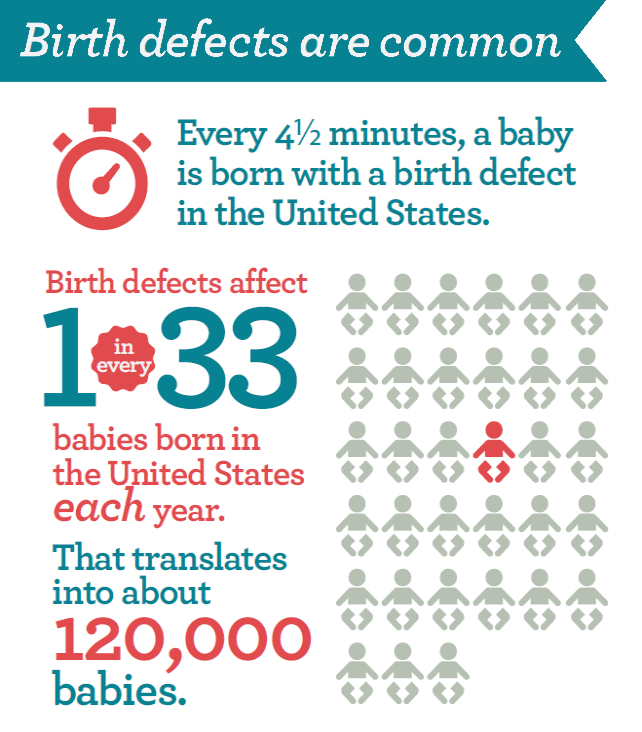
What are Birth Defects?

PDF) Pattern of Congenital Abnormalities in a Tertiary Hospital
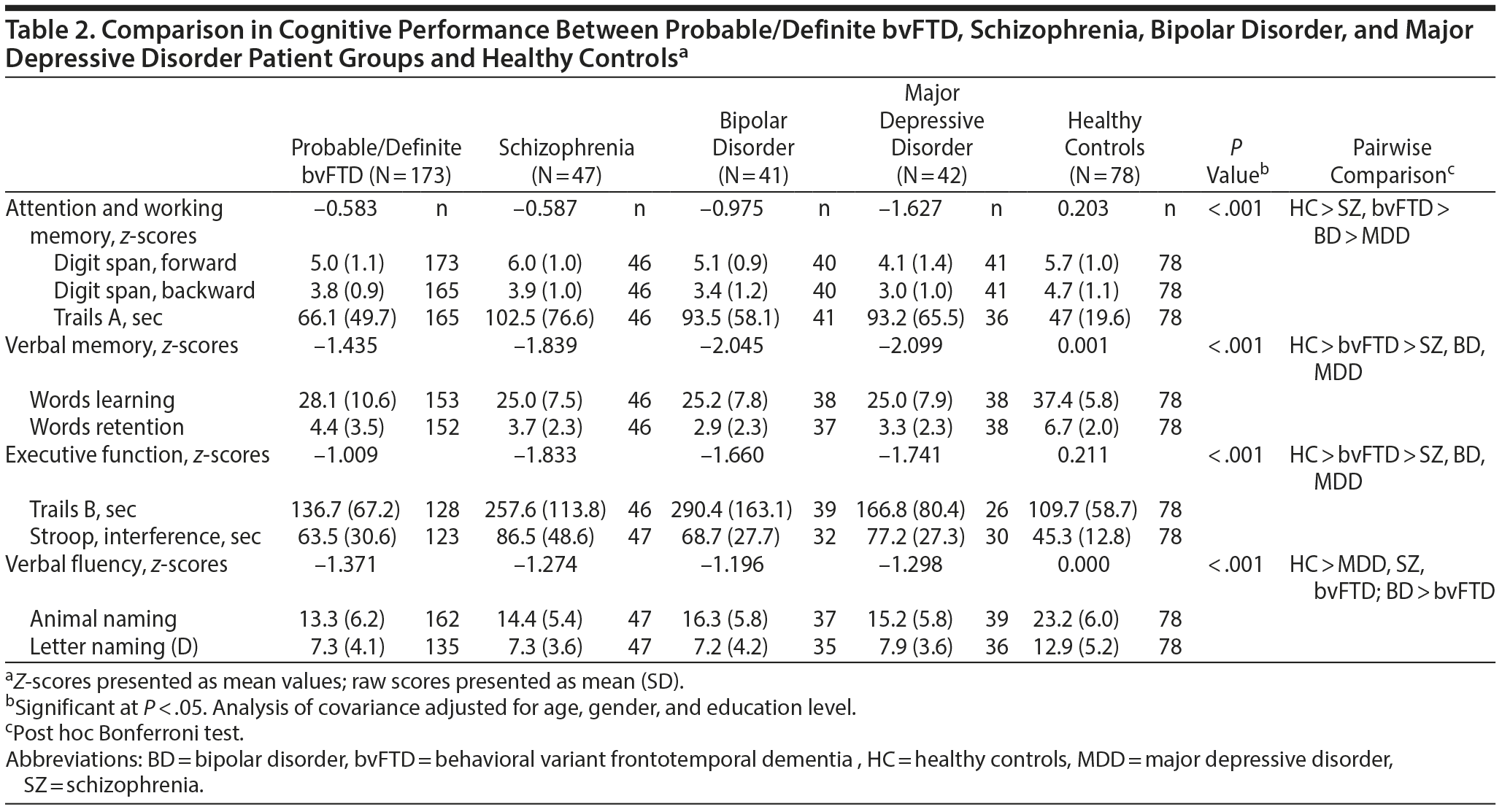
Cognitive Deficits in Patients With Neuropsychiatric Symptoms: A Comparative Study Between Behavioral Variant Frontotemporal Dementia and Primary Psychiatric Disorders

Addressing Patients' Unmet Needs to Improve Outcomes in Schizophrenia

JKMS :: Journal of Korean Medical Science
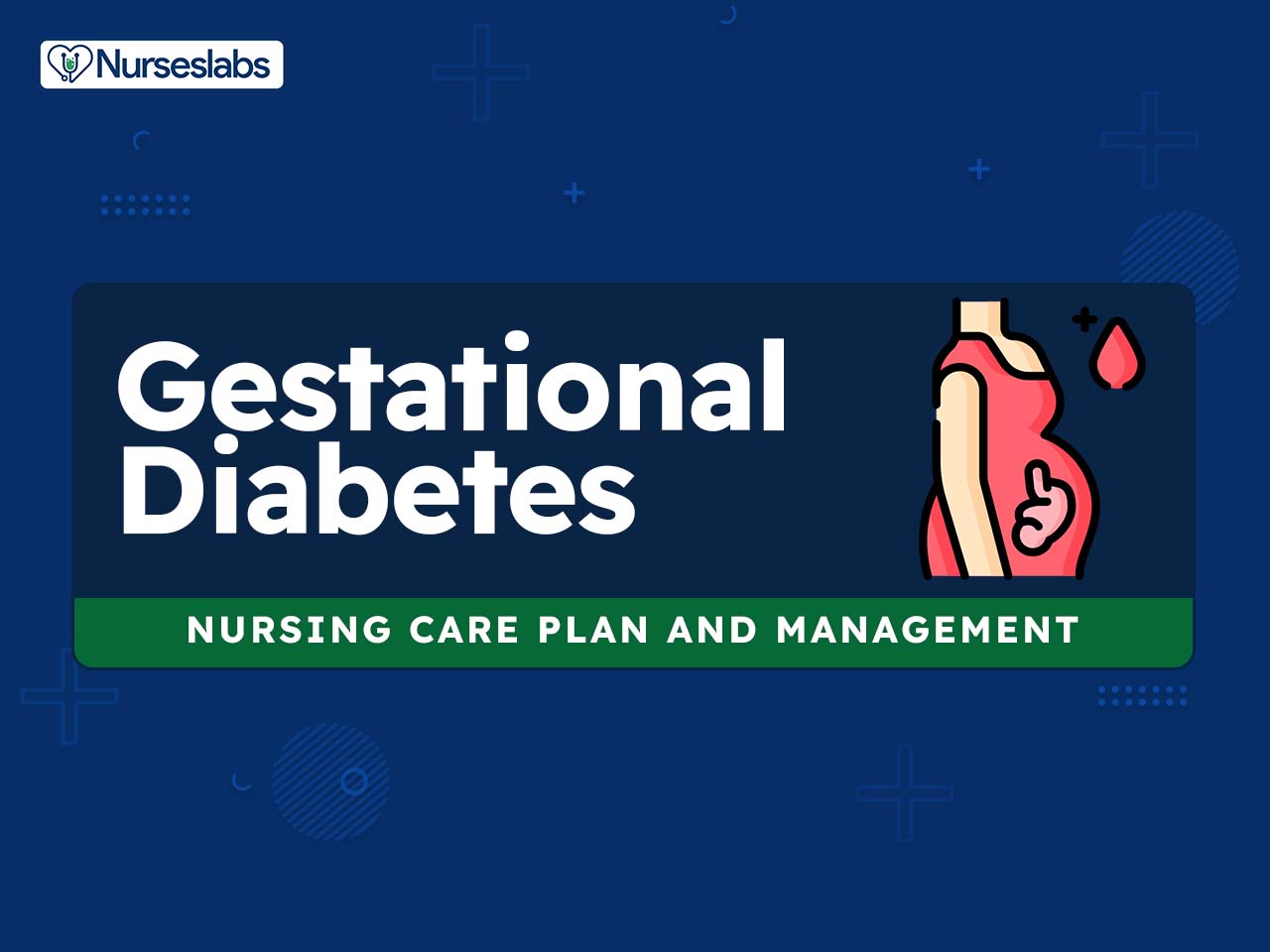
11 Gestational Diabetes Mellitus Nursing Care Plans - Nurseslabs